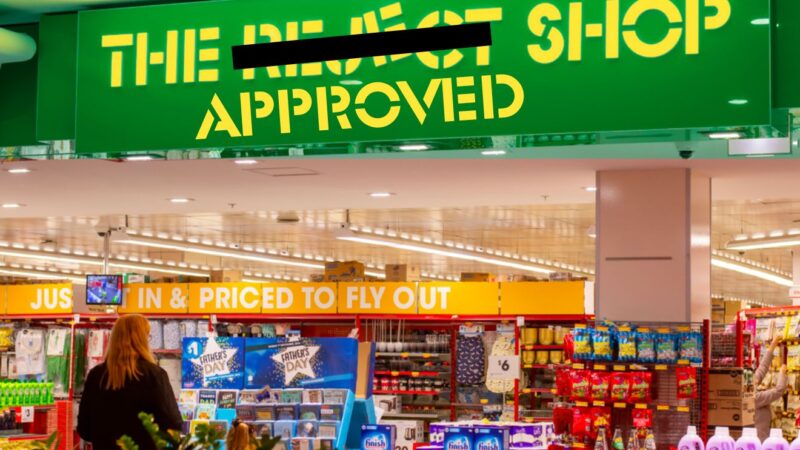New Powers Grant Traditional Owners Ability to Protect The Air From Cultural Impacts

AUSTRALIA – In a groundbreaking move aimed at recognising the historical impact of colonisation, Australian authorities have introduced a new scheme that promises to revolutionise the way we breathe. Welcome to the era of personal oxygen usage monitors, or as they are affectionately called, “Oxy-Mates.” But don’t get too excited just yet; there’s a catch, and it’s a breath-taking one!
Inspired by a deep sense of guilt for past wrongs committed against the indigenous peoples of Australia, the government has decided to distribute Oxy-Mates to all non-indigenous citizens across the country. These devices, designed by a joint task force between the UN and WEF, are designed to monitor the amount of oxygen we consume on a daily basis, and if you exceed your allotted quota, prepare to pay the price, literally!
The reasoning behind this peculiar initiative is that non-indigenous Australians must now seek approval from local indigenous elders whenever they wish to exceed their daily oxygen allowance. Yes, you heard that right. Breathing freely in Australia will require the blessing of the traditional custodians of the land and water.
Imagine the scenario: you’re out for a jog, feeling invigorated by the fresh air, when suddenly your Oxy-Mate starts beeping. Panic sets in as you realise you’re about to exceed your oxygen limit. In a desperate race against suffocation, you fumble for your phone and dial the local indigenous elders’ hotline, begging for permission to keep breathing. And all of this for a fee, of course! There is not only the oxygen usage consultation fee, the environmental impact study fee but then also the cost of the precious air itself you wish to consume.
The government assures us that these measures are necessary to redress the injustices of the past and ensure that non-indigenous Australians don’t consume more oxygen than their fair share. After all, the delicate balance of indigenous people’s spiritual connection to the land and water could be disrupted by an excess of non-indigenous breaths.
However, critics argue that this scheme is nothing more than an elaborate ruse to extract money from unsuspecting citizens. They claim that this is yet another instance of the government’s overreach, a way to milk the guilt-ridden masses for every last penny, all in the name of “recognition.”
Meanwhile, citizens are left scratching their heads, wondering if they should start rationing their breaths or invest in oxygen trading stocks. Will there be a thriving black market for oxygen permits? What will this do to economic productivity with people afraid to do too much and exceed their quotas?
As Australia embarks on this UN funded experiment in respiratory regulation, one thing is for certain: breathing has never been so fraught with political and financial implications. Perhaps it’s time we ponder whether this is the best way to address the lasting impacts of colonisation or if we’ve taken the concept of recognition to absurd new heights.
So, brace yourself, fellow Australians! It’s time to tread lightly, breathe even lighter and dig deep into your pockets if you wish to exceed your daily oxygen quota. Welcome to the era of Oxy-Mates! Will this slippery slope ever end? Don’t hold your breath.






